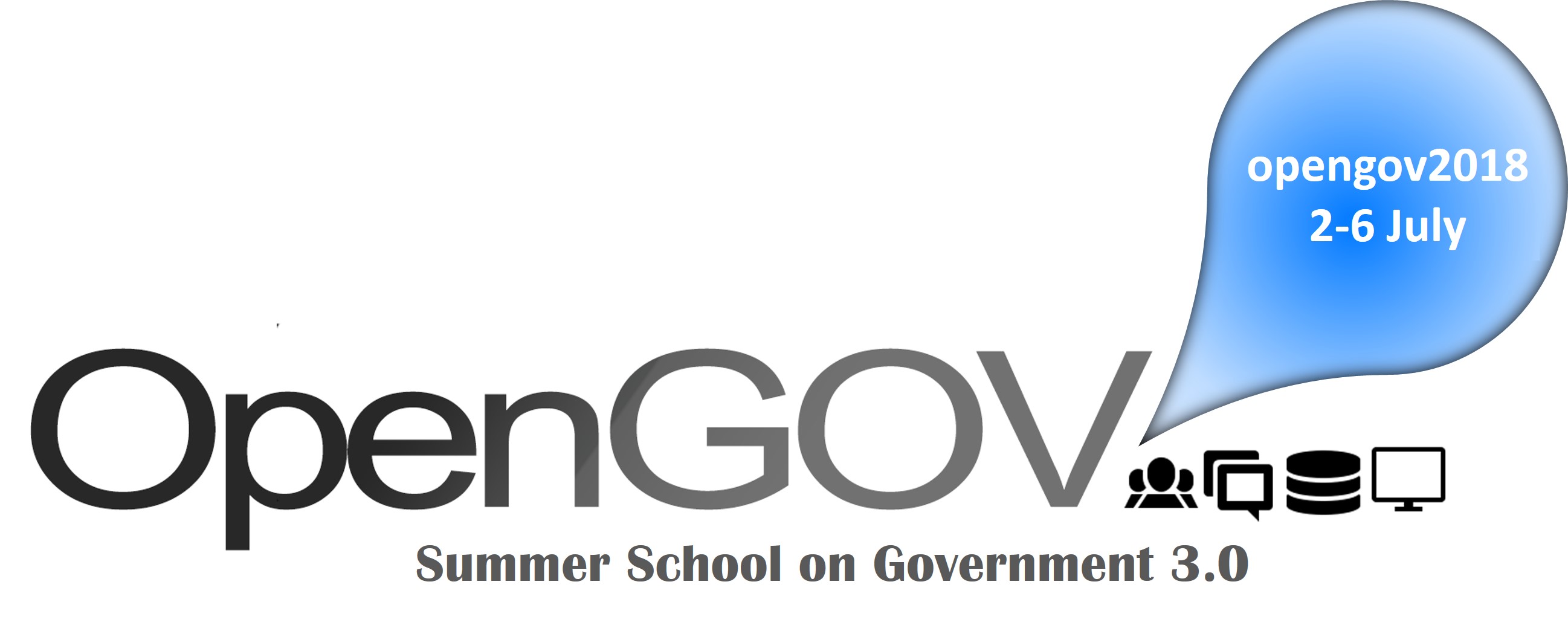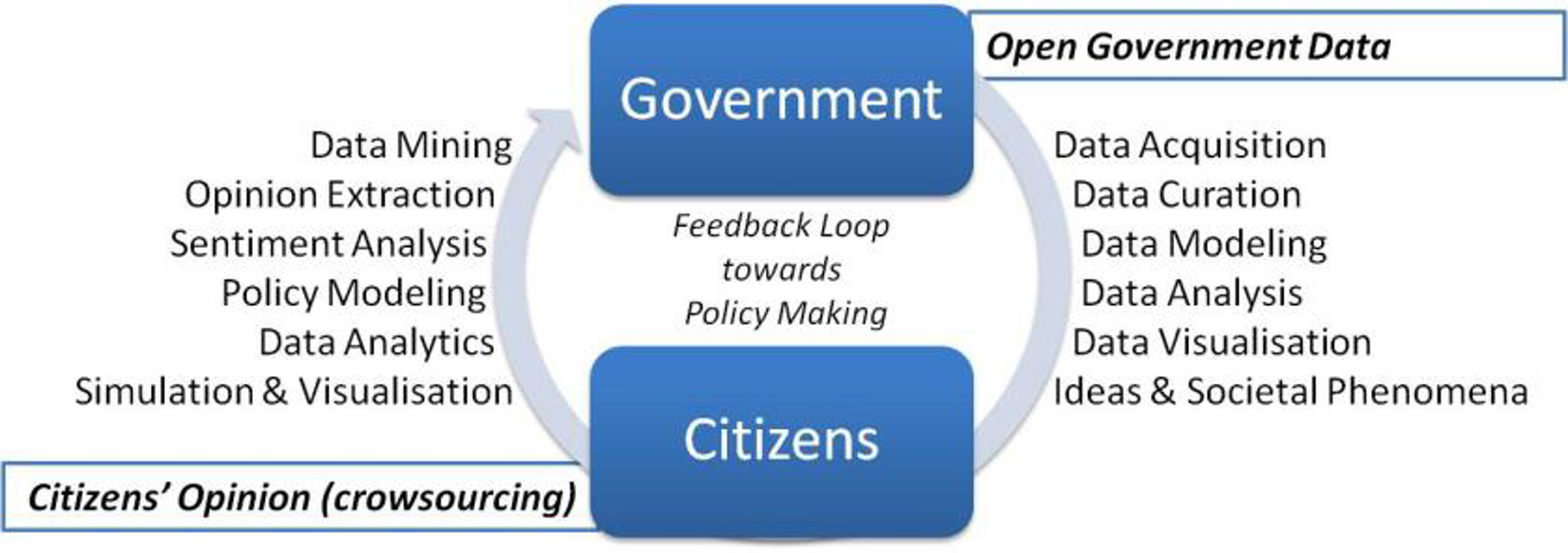5th International Summer School on Government 3.0 - opengov2018

You are currently visiting previous year's summer school website. To visit opengov2019 please follow this link: https://summer-schools.aegean.gr/opengov2019

The 5th International Summer School (02 – 06/07/2018) focusing on Technologies and Applications for Government 3.0, a really growing and offering great challenges domain, is taking place in the beautiful island of Samos.
The Summer School on Government 3.0 is organized by the Department of Information and Communication Systems Engineering, University of the Aegean and provides a unique opportunity for participants to interact with internationally acclaimed scientists and researchers in the domain of ICT-enabled Governance, to develop their skills in the areas of policy modelling, information management, social media in governance and more. opengov2018 may be of interest to the following:
- PhD Students interested in open government, data-driven governance and data-driven research;
- Professionals and researchers working on open government and advanced democracy research and interested in new disruptive ICTs in e-government; open data research or open data initiatives; topics related to public values, including transparency and privacy in a governmental context; policy modeling and data-intensive decision making.
- Senior administrators, policy advisors, government officials or agency members, who are interested in how ICTs change governments and how ICTs can be used in public administrations
Scope
The aim of the opengov2018 Summer School is to enable participants' involvement in Open and Collaborative Governance issues and their accompanied technologies with hands-on workshops and discussions around the most prominent technologies of the domain (such as big and open linked data, blockchain, artificial intelligence and machine learning, crowdsourcing mechanisms, policy modelling and simulation, opinion mining and sentiment extraction and visualization), and offer appropriate additional skills towards shaping a successful researcher, a competitive employee and a well-informed public servant.
 The current state of the art and practice in the area of Electronic Governance has up to now been tackling important problems for administrations and societies such as service provision, automation in the public sector, interoperability and common standards, information systems, security and authentication and legal issues. At the same time new, highly disruptive ICTs are emerging, maturing and increasingly utilized in the private sector, leading to major transformations, such as big data acquisition and analytics, Internet of Things (IoT), artificial intelligence, bots and agents, data mining, distributed ledger technologies and block-chain, gamification, simulation, etc. These ICTs will provide completely new opportunities for the public sector and the societies in order to address severe, social challenges and problems.
The current state of the art and practice in the area of Electronic Governance has up to now been tackling important problems for administrations and societies such as service provision, automation in the public sector, interoperability and common standards, information systems, security and authentication and legal issues. At the same time new, highly disruptive ICTs are emerging, maturing and increasingly utilized in the private sector, leading to major transformations, such as big data acquisition and analytics, Internet of Things (IoT), artificial intelligence, bots and agents, data mining, distributed ledger technologies and block-chain, gamification, simulation, etc. These ICTs will provide completely new opportunities for the public sector and the societies in order to address severe, social challenges and problems.
Government 3.0 refers to the use of disruptive ICTs (big data and artificial intelligence technologies) in combination with established ICTs (distributed technologies for data storage and service delivery) and the wisdom of crowd (crowd-sourcing and co-creation) towards data-driven and evidence-based decision and policy making.
In Collaboration with
![]()
Samos 2018 Summit on ICT-enabled Governance
In parallel with opengov2018 Summer School, the 8th Samos Summit on ICT-enabled Governance will take place the same week in Samos and will provide the opportunity to Summer School participants to meet the business and scientific leaders on the domain of e-government.
Topics
The topics addressed by the OpenGov2018 Summer School include a wide span of information and communication technologies and social science issues, covering the whole cycle of decision making under the following thematic areas:
- Big and Open Linked Data applications and technologies
- Artificial Intelligence and Machine Learning tools and techniques
- Global Systems Science approaches for evidence-based decision making and policy support
- Citizens’ opinion mining and sentiment analysis
- Social media and web 2.0 platforms and services for governance
- Policy modelling and electronic policy deliberation (e-participation)
- Mobile and cloud technologies for open and collaborative governance scenarios
- Interoperable infrastructures: Technical, semantic and organisational interoperability
- Blockchain technologies and case studies for security and trust issues in open governance